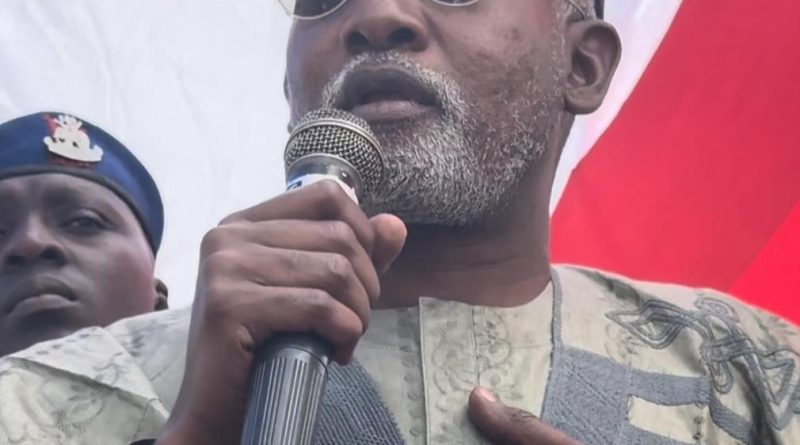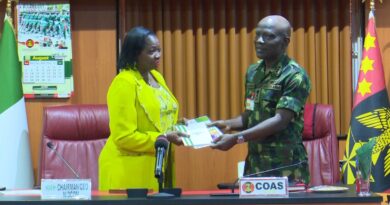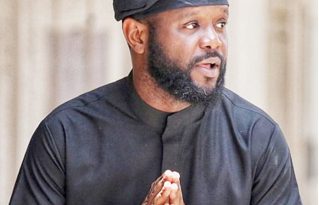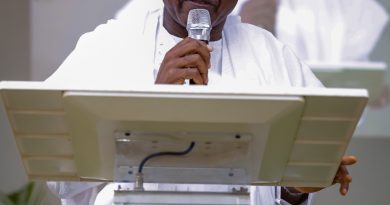Nigeria To Resuscitate Joint Commission With SADC – Tuggar
By Bukar BOLORI
The Minister of Foreign Affairs, Amb. Yusuf Tuggar has revealed that Nigeria is at the verge of resuscitating its joint Commissions with South African countries.
Tuggar gave the hint at the weekend in Abuja during the Southern African Development Community (SADC) Day celebration with the theme, ‘Advancing industrialisation, agricultural transformation and energy transition for a resilient SADC.
SADC comprises 16 member states. Eight of them are represented in Nigeria, Angola, South Africa, Botswana, Namibia, the Democratic Republic of Congo, Tanzania, Zambia, and Zimbabwe.
Tuggar, who was represented by Nonyelum Aforkelu, noted that: “To further deepen the existing relation, we are at various stages in resuscitating our joint commission with some SADC member states.
“As we all know, the joint commission has remained a veritable instrument in managing, promoting and deepening our relations. We have decided on our bilateral commission with South Africa and joint permanent commission with Namibia.
“The Angola joint commission will be in a few days and hopefully, within the year or first quarter of next year, we will go with countries like Zimbabwe and my sister here, Botswana.”
He added: “So, as we deepen and strengthen our subsistence bond, today we celebrate friendship that works, partnership that thrives and fraternal bond that blows up. As we look around Nigeria and indeed SADC countries, you will see evidence of this relationship in our various strengths, job creation, infrastructure development and others.”
The minister also stressed the country’s shared responsibilities to foster deeper collaboration between SADC countries in West Africa and across the African continent.
He added that: “Most of our challenges, like security, climate change, environmental and economic challenges, among others, are borderless. So our solutions should be borderless.
“As one, we must come together with unity of purpose to deal with our common goals and challenges.
“Excellencies, the thing is, Nigeria has always maintained broadening and finding relations with all SADC countries for the period of struggle for independence to this era of development. Nigeria has been there and will continue to be there in line with our foreign policy.”
He also commended the envoys for their “dedication to strengthening and deepening this bond of friendship and cooperation between SADC member states and Nigeria.”
In his remarks, Chairperson of SADC and Zimbabwe’s envoy to the country, Maxwell Ranga praised Nigeria’s role in strengthening political, security, and socio-economic cooperation across the regional bloc.
The envoy said the community aimed to establish a free trade area and improve food security and sustainability.
He explained that SADC was also working on free movement across the region, stressing Nigeria’s indispensable role in Southern Africa’s struggle for independence.
Ranga stated, “We will never forget Nigeria’s pivotal role in supporting liberation in Southern Africa, particularly its strong support for the Frontline States.’’
He highlighted Nigeria’s diplomatic, military, financial, and humanitarian backing of movements such as South Africa’s ANC, Namibia’s SWAPO, and Zimbabwe’s ZANU.
Nigeria created the Southern African Relief Fund (SARF) in 1976, mobilising millions of dollars in donations and nationwide solidarity for liberation causes.
The country trained freedom fighters, offered scholarships to Southern African students, and supported nations such as Zambia and Tanzania under economic strain due to their anti-apartheid stance.
Nigeria further used oil resources as leverage, cutting trade with apartheid South Africa and pushing for global sanctions.
“These efforts cemented Nigeria’s role as a Pan-African force and ally in ending apartheid and colonialism,” Mr Ranga added.
He emphasised that SADC remains grateful to Nigeria for its sacrifices in liberating the region’s nations.
“This legacy continues to shape Nigeria’s foreign policy and strengthen ties with SADC, as a defender of African freedom and self-determination,” he added.
Pascaline Yakivu of the Democratic Republic of Congo said the annual celebration in Nigeria highlights investment opportunities, culture, and tourism within the SADC region.
“To build friendship and business ties with Nigeria and other nations, I invite you to explore the wonders of SADC countries,” Yakivu said.




